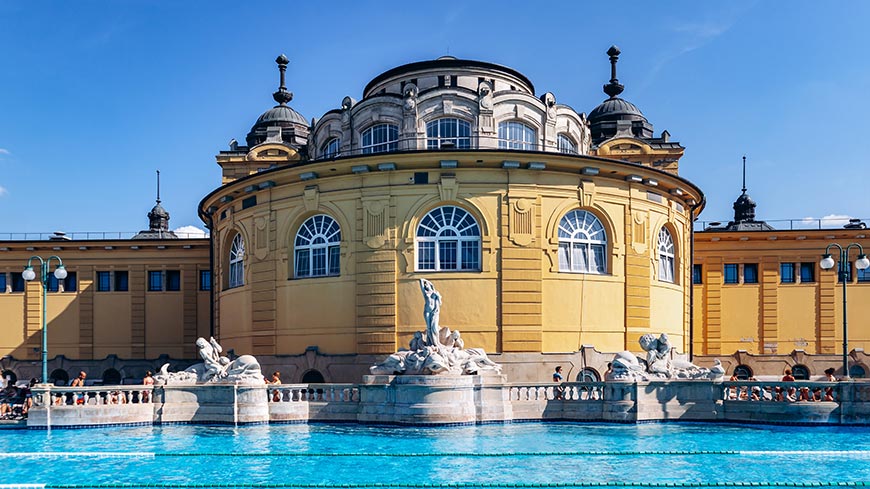More than 350 participants from over 30 member states of the Enlarged Partial Agreement on Cultural Routes of the Council of Europe (EPA) attended the 13th Annual Advisory Forum on the Cultural Routes of the Council of Europe in Visegrád, Hungary (25-27 September) to explore “Transmission and innovation: Fostering youth participation along the Cultural Routes of the Council of Europe.” Participants included representatives of the 41 EPA member states and the 48 certified Cultural Routes, as well as a delegation of 40 representatives from the Council of Europe youth sector.
“We need every generation to engage and appreciate the richness of culture and to benefit from it and engage with it, actively” said Bjørn Berge, Council of Europe Deputy Secretary General in a video message. Organised by the EPA and the European Institute of Cultural Routes, in cooperation with the Ministry of Culture and Innovation of Hungary and the Hungarian Open Air Museum, the Forum provided a platform for dialogue and exchange of concrete practices and methodologies to enhance youth participation in cultural heritage and its involvement in safeguarding and transmitting European values.
In his opening speech to the Forum, Balázs Hankó, Minister of Culture and Innovation of Hungary, underscored the important role young people play in preserving our shared European heritage and passing it on to future generations: “Our shared European heritage is an asset, a source of identity, and a key to our future.”
At the closing ceremony held at the Vigadó Concert Hall in Budapest, the Deputy Secretary General emphasised that the Forum marked another excellent year for the Cultural Routes of the Council of Europe: “The accession of Estonia and the Netherlands’ application for Observer Status brings the number of member states to 41 and the addition of the Leonardo Da Vinci Route and the Route of Historic Pharmacies and Medicinal Gardens brings the total number of certified routes to 48. This growth further expands Europeans’ knowledge of both their diversity and their shared cultural history.”
The programme included a series of panels and thematic discussions where representatives from Council of Europe member states as well as cultural heritage scholars and practitioners, and representatives from other international organisations such as UNESCO and UN Tourism examined strategies and initiatives aimed at increasing youth involvement with the Cultural Routes of the Council of Europe.
The Forum also highlighted existing initiatives, showcasing best practices implemented by the certified Cultural Routes of the Council of Europe. The discussions provided an opportunity to reflect on the key factors that contribute to effective youth involvement.


